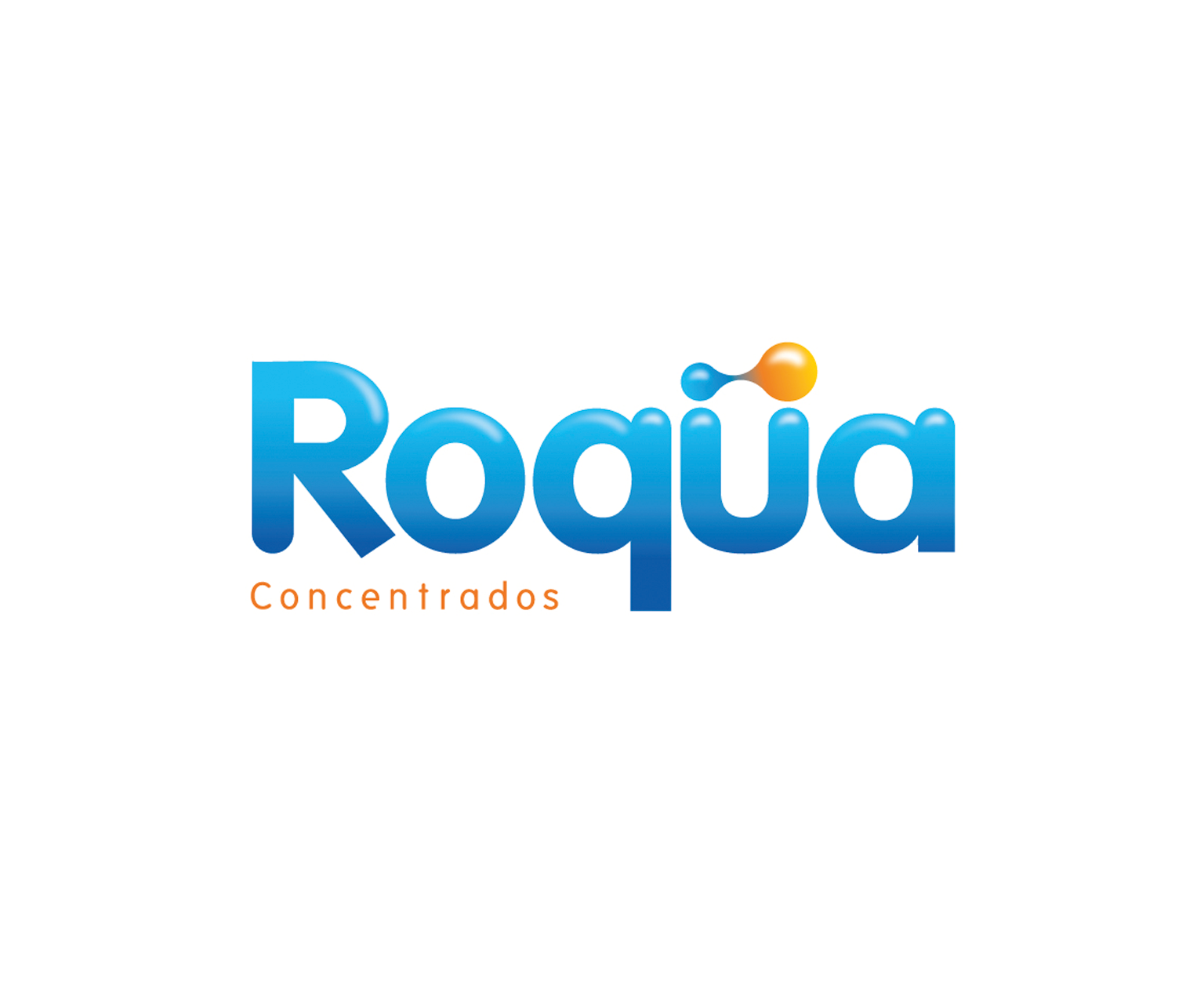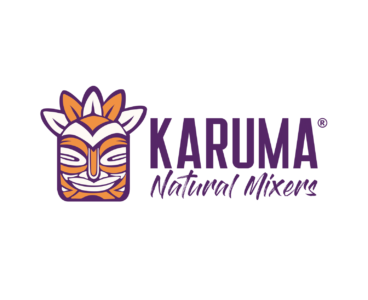So, I was messing around with some Ethereum wallets the other day, and wow, it’s like diving into a rabbit hole of options. Seriously, dozens of wallets, each claiming to be the “best” or “most secure.” My gut said to stick with what I know, but curiosity got the better of me. Here’s the thing: picking the right Ethereum wallet isn’t just about flashy interfaces or fancy features—it’s about trust, usability, and a pinch of personal preference. Something felt off about blindly trusting popular wallets without digging deeper.
At first glance, software wallets seem super convenient. I mean, who wants to lug around a hardware device all the time? But then, I realized, convenience often comes at a cost. On one hand, software wallets like MetaMask offer seamless browser integrations and quick access to decentralized apps (dApps), but on the other, they expose you to phishing risks and hacking attempts. Hmm… it’s a classic trade-off between usability and security.
Okay, so check this out—there’s this whole spectrum of software wallets out there: from simple mobile apps to complex desktop clients. Some prioritize user experience, others focus on advanced features for power users. Honestly, I found myself overwhelmed trying to figure out which one strikes the right balance. And that’s where resources like allcryptowallets.at come into play, offering a solid overview without the hype.
Initially, I thought a wallet’s popularity would be a reliable indicator of quality. But then, I stumbled upon stories of popular wallets being compromised. Actually, wait—let me rephrase that. Popularity alone doesn’t guarantee safety. It’s more about the community trust, open-source code audits, and how prompt the developers are with security updates. On one hand, newer wallets might have cutting-edge features, though actually, they might also be riskier due to less testing.
Here’s what bugs me about some wallet reviews: they often gloss over the nitty-gritty, like how wallets handle private key management or backup processes. I’m biased, but I’d rather spend a few extra minutes setting up a wallet properly than regretting it later. (Oh, and by the way, always double-check seed phrases—never store them digitally!)

Now, diving a bit deeper—what actually makes a software wallet “best” for Ethereum? For me, it boils down to a few key factors: security protocols, ease of use, compatibility with Ethereum-based tokens (ERC-20, ERC-721), and integration with DeFi platforms. Surprisingly, some wallets excel in one area but falter in others. Like, a wallet might have sleek UI but poor token support or limited backup options.
Personally, I lean towards wallets that offer multi-factor authentication and support hardware wallet connectivity. It’s like having a double lock on your front door—even if someone gets the key, they still need the second factor. Of course, that might add complexity, but honestly, safety first.
Something I noticed is that many users underestimate the importance of software wallet updates. I’ve seen folks stick to outdated versions, which is a huge no-no since vulnerabilities get patched regularly. So, if you’re using a software wallet, stay on top of updates—that’s very very important.
On the flip side, some wallets sacrifice speed and user-friendliness for extreme security measures, which can frustrate everyday users. It’s a balancing act, really. Hmm… maybe the “best” wallet is subjective, depending on your priorities. Are you a casual user dabbling in ETH or a DeFi enthusiast juggling multiple tokens?
And then there’s the whole ecosystem factor. Software wallets like Trust Wallet or Coinbase Wallet offer easy access to dApps and staking platforms, which is great for those wanting to dive into Ethereum’s broader functionalities. But beware—this convenience can sometimes expose you to smart contract risks or scam dApps if you’re not careful.
One thing’s for sure: the landscape keeps evolving. Wallet developers are constantly adding features like built-in swap functions, NFT galleries, and even social recovery options. It’s exciting but also a bit dizzying. (Sometimes I wonder if we’re moving too fast without fully understanding the risks.)
For those searching for a comprehensive guide, allcryptowallets.at really stood out to me. It’s like a one-stop hub breaking down wallets by type, features, and security levels. No fluff, just straightforward info that helps you cut through the noise.
Honestly, I’m still figuring out my perfect setup. Maybe a combination of a reliable software wallet for daily use and a hardware wallet for long-term storage? It’s not a one-size-fits-all game. And even though software wallets are super handy, remember: you’re your own bank here, so don’t skimp on due diligence.
Wow! The more I dig, the more I realize how personal and nuanced this crypto wallet thing is. So, whether you’re just starting out or a seasoned Ethereum user, take your time to explore options, read user experiences, and keep security front and center.
Common Questions About Ethereum Software Wallets
What’s the difference between software and hardware wallets?
Software wallets are apps or programs that store your keys on connected devices, making them convenient but potentially vulnerable to hacks. Hardware wallets store keys offline on physical devices, offering stronger security but less convenience.
Are software wallets safe for storing large amounts of Ethereum?
Generally, it’s recommended to keep only what you need for transactions in software wallets and store the bulk in hardware wallets or cold storage for better security.
Can I recover my wallet if I lose access?
Yes, if you securely save your seed phrase or private keys during setup. Losing these means losing access permanently, so backup is crucial.












